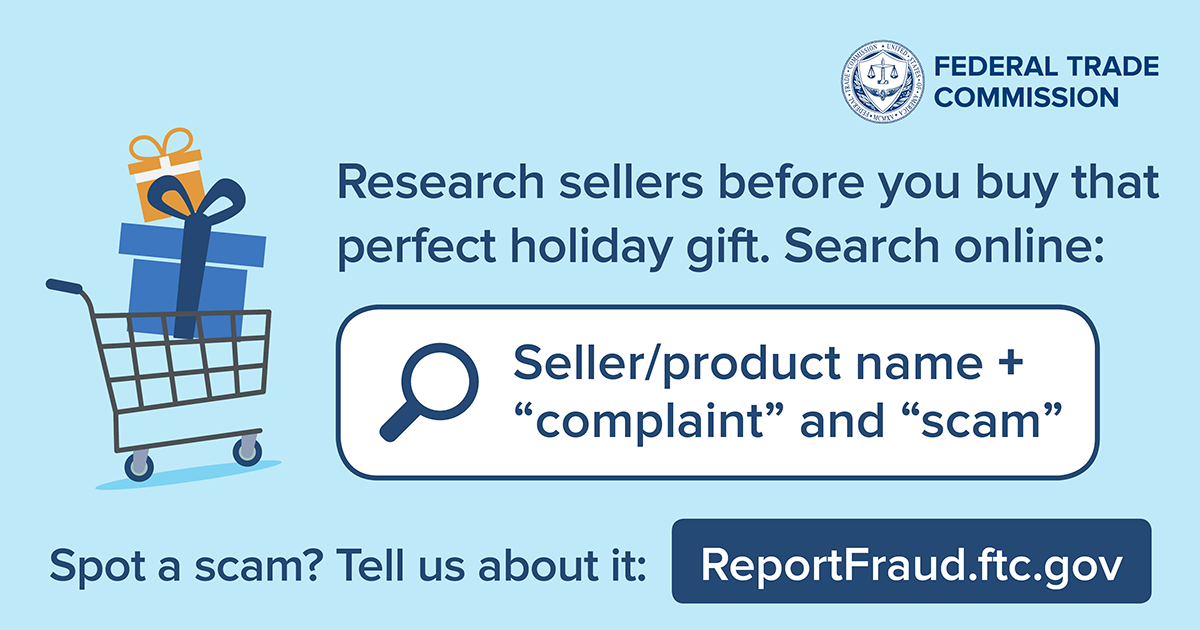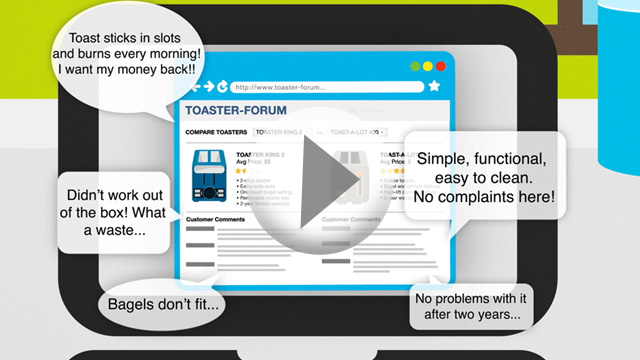
If you’ve been keeping up with the news, you might have heard about a global chip shortage. Why does that matter to your holiday shopping? Well, a lot of things you might buy for the holidays, like toys, have chips in them, so the shortage means prices are going up, and items that have chips can be harder to find.
Scammers follow the headlines — and just like with the mask shortage, scammers will set up shop, “sell” what everyone is trying to buy — but not deliver. Here are some tips to avoid scams as you get ready for holiday shopping this season.
- Research sellers before you buy. Search online for the name of the seller and product, plus words like “complaint” and “scam.” And read reviews about the seller and their products, too.
- Feed your inner skeptic. This year’s “it” game? For a great price in mid-December? From a seller you’ve never heard of? See bullet #1.
- Compare products. Even with the chip shortage, shop around to make sure you’re getting the best deal. Comparison shop online, looking at prices, delivery dates, and even discounts or coupon codes.
- Pay by credit card. Paying by credit card gives you more rights to dispute the charge if something goes wrong. And if someone tells you to pay by wire transfer, cryptocurrency, or by mailing cash, stop and find another seller. That’s how scammers tell you to pay.
- Keep records. Save copies of your receipts and order confirmations from online orders. Hold onto them until you get what you ordered and know you won’t return things.
Spot a scam while holiday shopping? We want to hear about it. Report it to the FTC at ReportFraud.ftc.gov.

